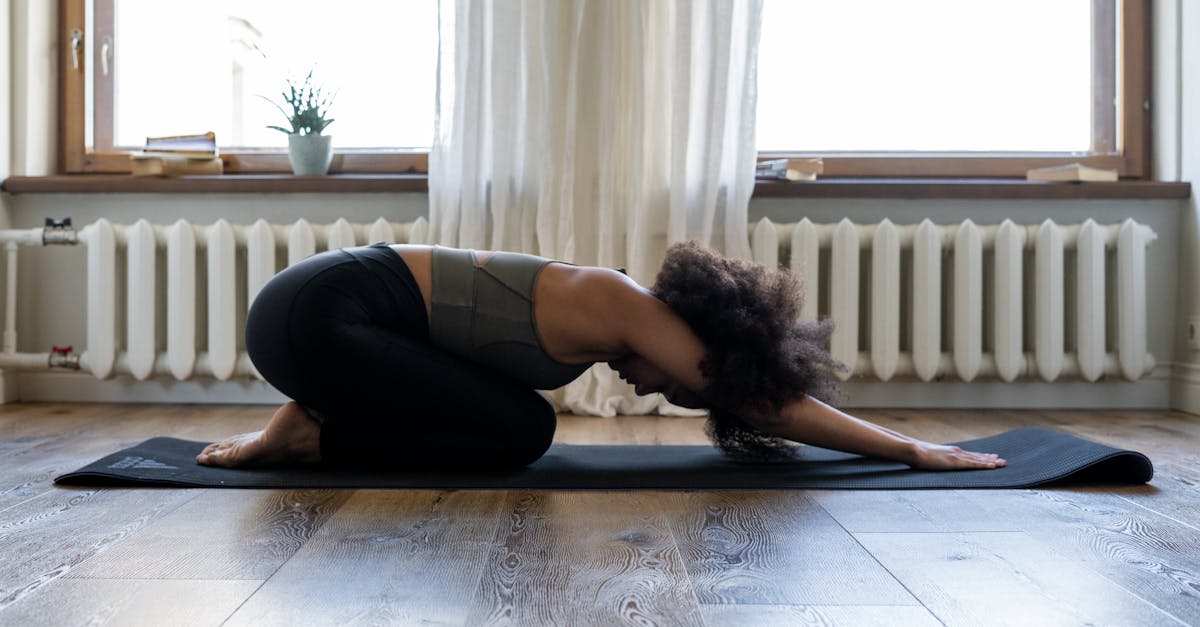Unlocking Longevity Through Regular Physical Activity
Introduction
Living a healthy lifestyle is a universal aspiration, and key to achieving it is engaging in regular physical activity. Exercise holds the potential to lengthen life expectancy and enhance the quality of life. This article aims to explore the manifold benefits of regular physical activity in promoting longevity.
Advertisement
Enhancing Cardiovascular Health
Regular physical activity strengthens the heart muscle, improving cardiovascular efficiency. Physical activities like walking, swimming, and cycling enhance the heart's ability to pump blood, reducing the risk of hypertension. Improved heart health paves the way for increased stamina, allowing individuals to lead a more energetic and fulfilling life.
Advertisement
Boosting Mental Well-being
Exercise is not just beneficial for the body but also vital for mental health. Engaging in regular physical activity triggers the release of endorphins, the "feel-good" hormones. These hormones help reduce stress, anxiety, and depression, contributing to a positive outlook and better life quality.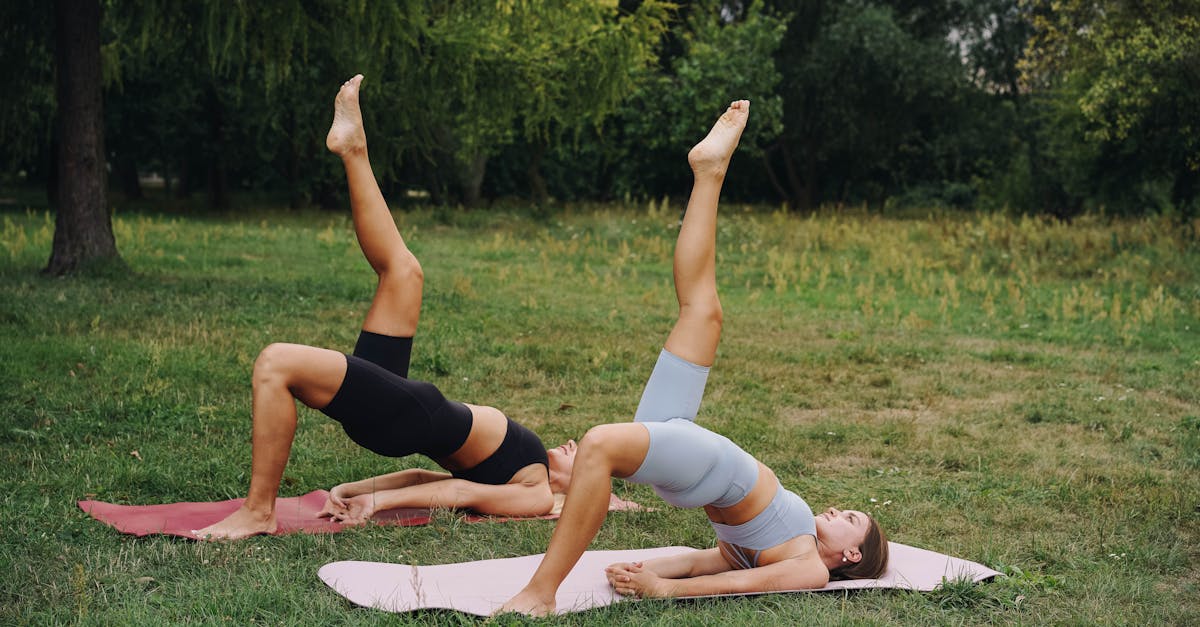
Advertisement
Maintaining Optimal Weight
One of the tangible benefits of consistent physical activity is weight management. Exercise helps burn calories and increases metabolic rate, assisting in maintaining a healthy weight. Keeping weight in check not only reduces the risk of chronic diseases but also enhances mobility, making daily tasks easier.
Advertisement
Strengthening Bones and Muscles
Engaging in weight-bearing activities and strength training is critical for bone health. Regular exercise promotes bone density and muscular strength, reducing the risk of fractures and osteoporosis. A strong musculoskeletal system ensures better balance and stability, decreasing the likelihood of falls as one ages.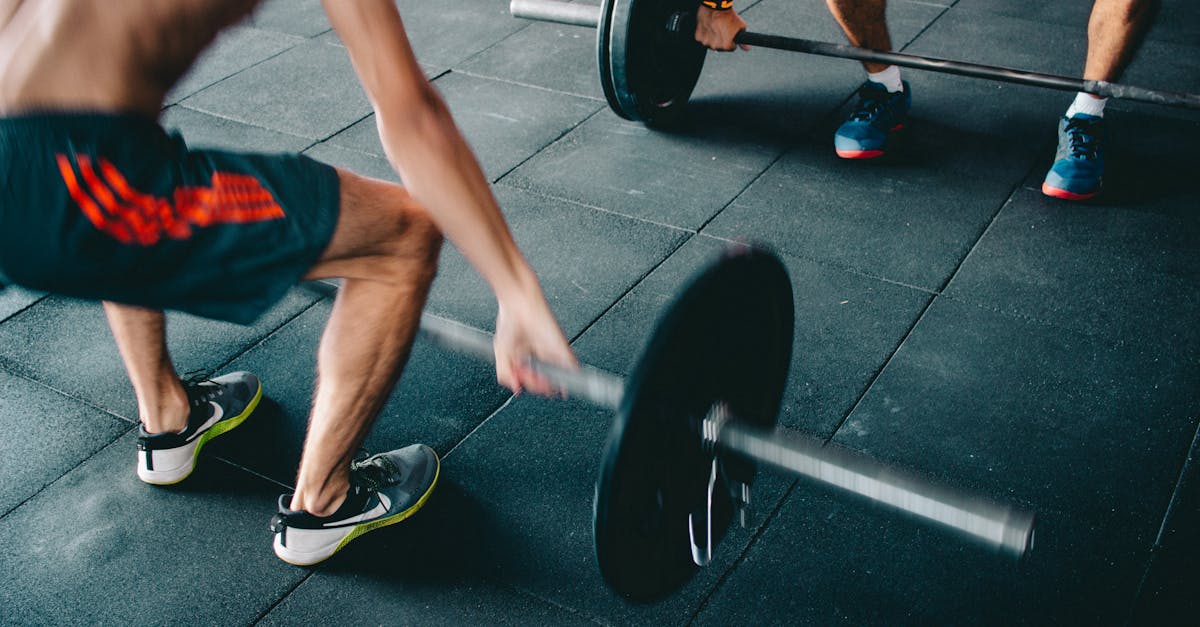
Advertisement
Reducing the Risk of Chronic Diseases
Consistent physical activity has been linked to a significant reduction in the risk of chronic illnesses, including type 2 diabetes, certain cancers, and stroke. Incorporating exercise into daily routines can help regulate body systems, keeping insulin levels and cholesterol in check. This proactive approach improves longevity by mitigating health risks.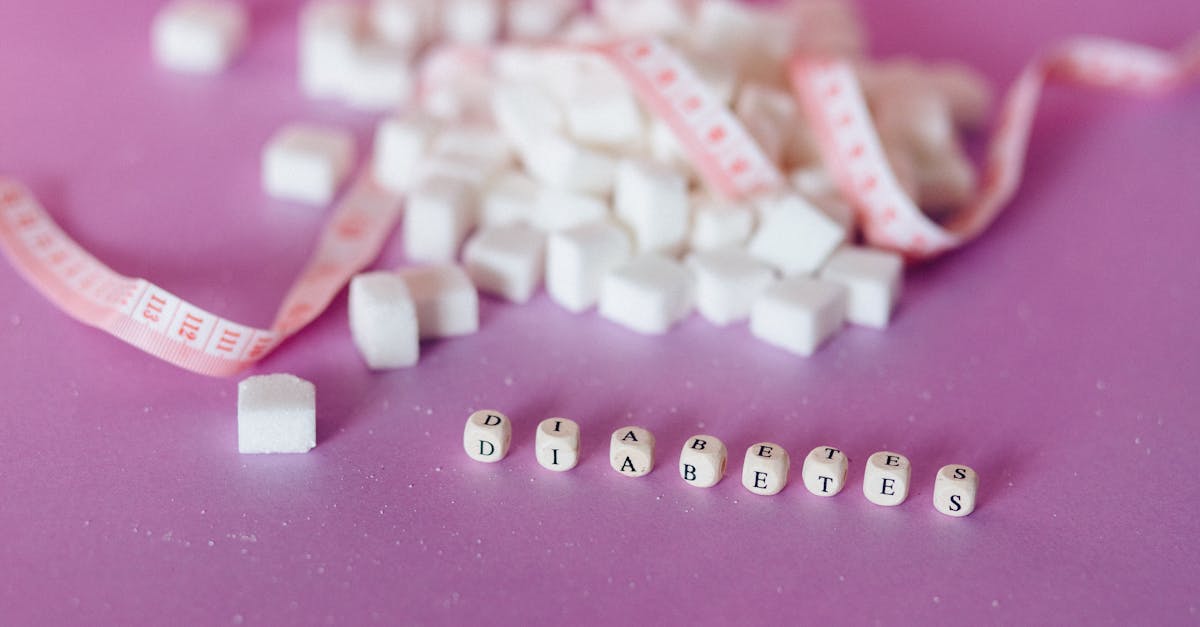
Advertisement
Improving Balance and Coordination
As people age, the risk of falls and injuries increases, often due to weakened balance and coordination. Regular exercise improves proprioception and muscle coordination, enhancing overall stability. Activities like yoga and tai chi are specifically effective in boosting balance, essential for an active and independent lifestyle in later years.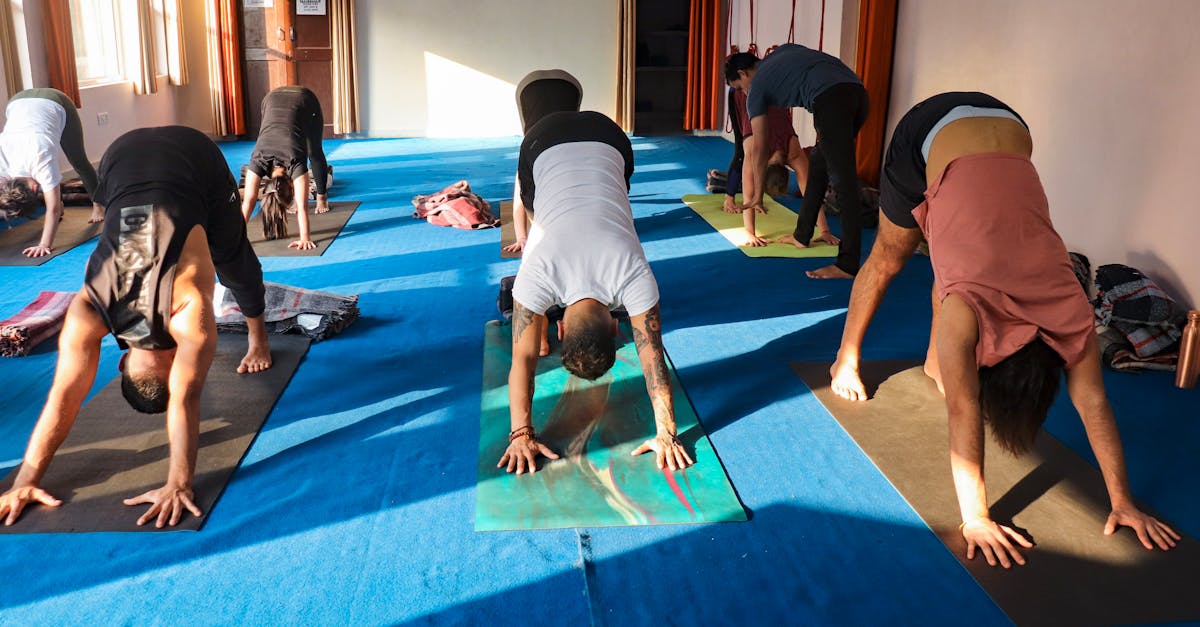
Advertisement
Enhancing Immune Function
Moderate and regular exercise has been shown to boost immune function by promoting efficient circulation of immune cells. By keeping the immune system in top condition, regular physical activity reduces vulnerability to infections and illnesses, contributing to sustained health throughout life.
Advertisement
Fostering Lifelong Habits
Starting an exercise regimen fosters the development of lifelong habits that are pivotal in ensuring long-term health. Integrating physical activity into daily routines encourages consistency and discipline, which are crucial in maintaining health benefits and promoting longevity.
Advertisement
Conclusion
In summary, the benefits of regular physical activity are profound and far-reaching, extending from improved physical and mental health to enhanced life expectancy. By adopting an active lifestyle, individuals empower themselves to lead healthier, longer lives. Prioritizing fitness is not just about living longer but living better, making every moment count.
Advertisement


